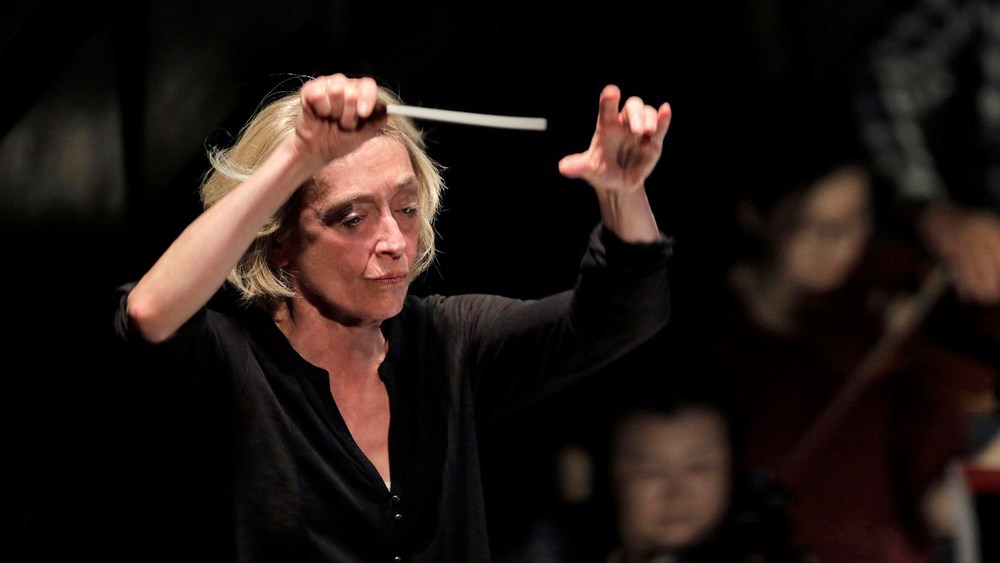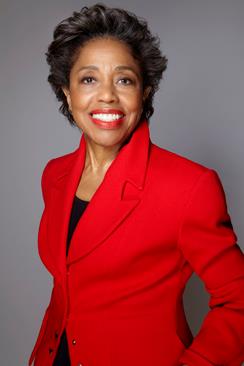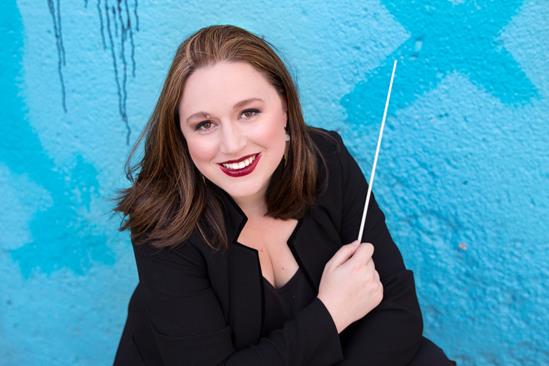Women on the Podium

Times are changing in a positive way for women conductors, who are increasingly finding success on the podium despite lingering barriers in this traditionally male-dominated field.
Securing initial opportunities can be difficult for women because their résumés may not be perceived as strong. Part of the reason for this is that “women conductors are more likely than men to lack adequate support and opportunities early in their careers,” says Catherine O’Shaughnessy, creative director and conductor of the new-music-centered Chicago Fringe Opera and principal conductor of the Chicago-based 5th Wave Collective (she is also the founder and former conductor of Windy City Opera). “They’re more likely to make a pivot to conducting relatively late, whether from lack of encouragement and role models or simply because it hasn’t occurred to them.”
There remains a widespread sense that women lack leadership qualities, or that hiring a woman is a risk not worth taking. “I think the fundamental problem facing women conductors is that there’s still a deeply entrenched idea of what a conductor is,” O’Shaughnessy says. “When a conductor conforms to traditional expectations, they are often given respect and the benefit of the doubt by default.” Anyone who deviates from the norm has to continually prove themselves.
Although there are many women leading orchestras today, “there is still a lack of women conductors in positions where they can exact change,” says Tania León, who composed (and has repeatedly conducted) Scourge of Hyacinths and is well known for her conducting work in Europe. That has made it harder to truly move the needle on change.
But today, women are finding greater success despite these obstacles. Nicole Paiement, general and artistic director of Opera Parallèle and a frequent guest conductor for opera companies, credits the increasing number of training programs dedicated specifically to women conductors, like The Dallas Opera’s Hart Institute for Women Conductors, to helping level the playing field. “The best of these provide a more comprehensive approach to the art form and help women develop skills in management, leadership, and personal branding,” she says. “Identifying a strong mentor that can help you build your career is important and becoming much easier with the embrace of virtual
meetings and a collegial attitude within the industry.”


O’Shaughnessy says she and other young women have greatly benefitted from the increasing visibility of women leaders. “I grew up in California and regularly watched Marin Alsop conduct at the Cabrillo Festival. It didn’t occur to me until much later that women conductors might face resistance or prejudice,” she says. “Many of the opportunities I’ve been afforded were only possible because those trailblazers fought tooth and nail — often without having anyone comparable to lead the way when they were younger.”
The growing commitment to enhancing diversity has been helpful to women conductors, O’Shaughnessy says. Moving forward, companies need to recognize that hiring conductors from various paths and with a range of life experiences is beneficial to all parties.
To support women (and everyone) in their careers, “companies should provide flexibility in their contracts and accommodation during the rehearsal periods so that they can attend to the needs of family life,” says Paiement.
León believes women conductors can potentially find their voice in new music. “It has always been the mark of conducting to learn the warhorses from many generations back.” Instead, she says, “Learn the pieces of your time. Ambassadors of music of this time don’t have to be the big conductors. It can be part of the interest of the young conductors to conduct new works.” Women who draw attention to new composers highlight their own careers in a space that is less crowded, and can help others who deserve their own moment on the stage.
Moving the Needle
To address the underrepresentation of women conductors, as well as women directors, OPERA America established Opera Grants for Women Stage Directors and Conductors in 2021. With deeply appreciated support from the Marineau Family Foundation, this grant program subsidizes the contract fees of women conductors and directors who are hired by opera companies for the first time. To date, the program has supported the hiring of 17 directors and conductors, with an additional round of grantees to be announced later this spring. Learn more.
This article was published in the Spring 2022 issue of Opera America Magazine.

Kirsten C. Kunkle
Kirsten C. Kunkle is the cofounder and artistic director of Wilmington Concert Opera, a voting citizen and leading classical soprano of the Mvskoke Nation, and a librettist.




